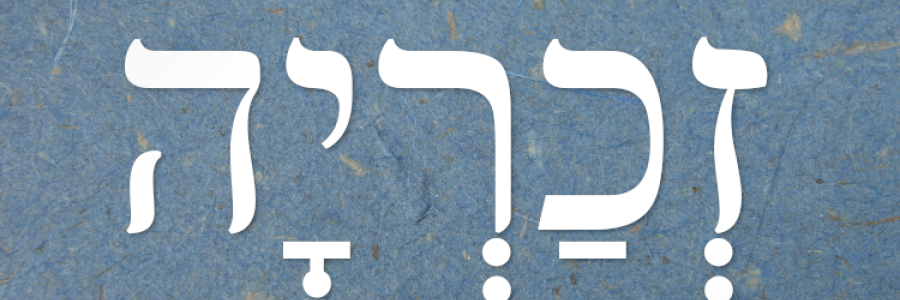Have You Read a Book Yet This Year?
Body
“A week is plenty of time to have finished, or at least to have begun, a new book. Of course it’s also plenty of time to have binged a few series on Netflix or to have spent several evenings mindlessly scrolling through the endless dopamine-stimulating social networks” - Challies


Discussion